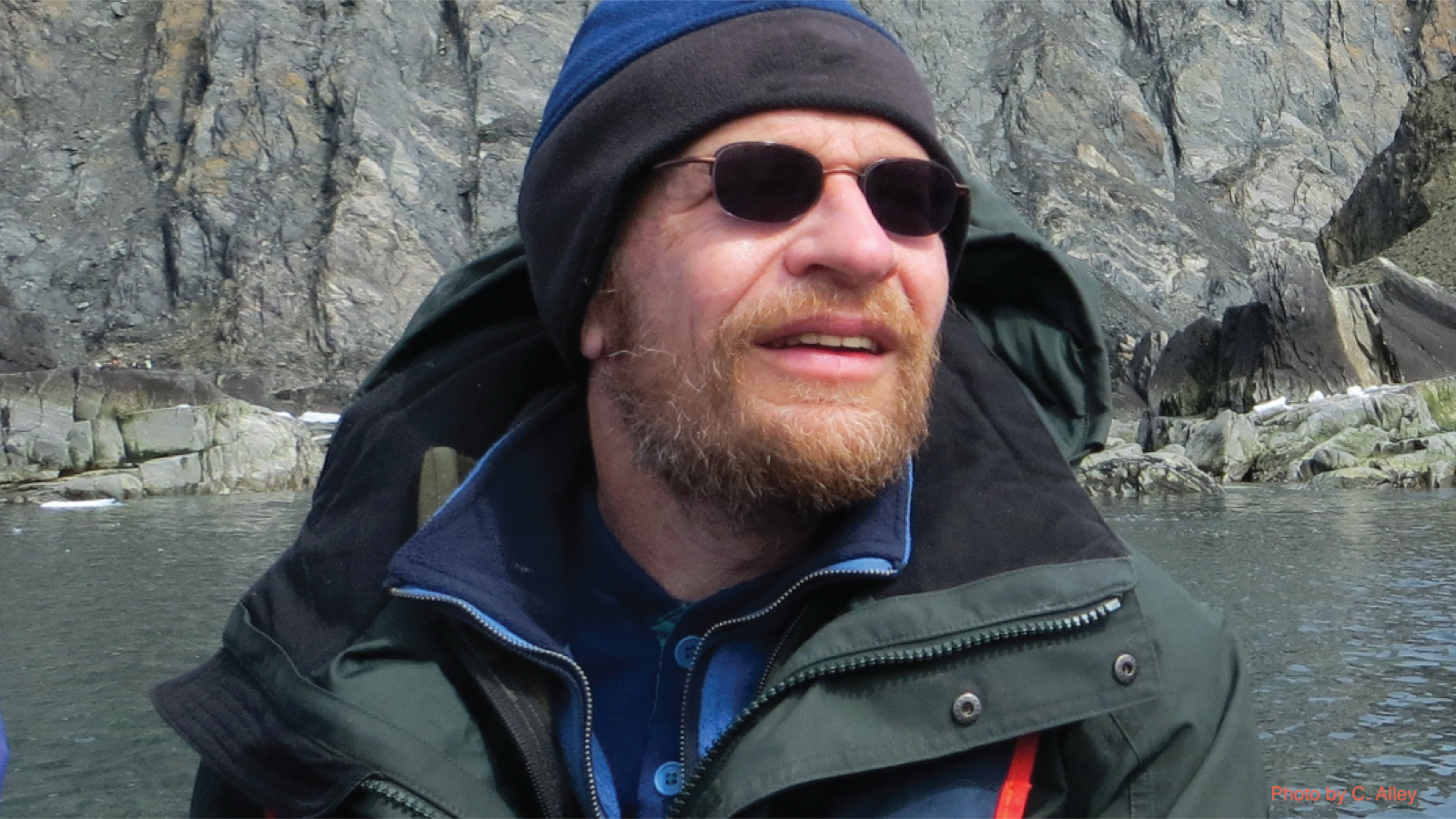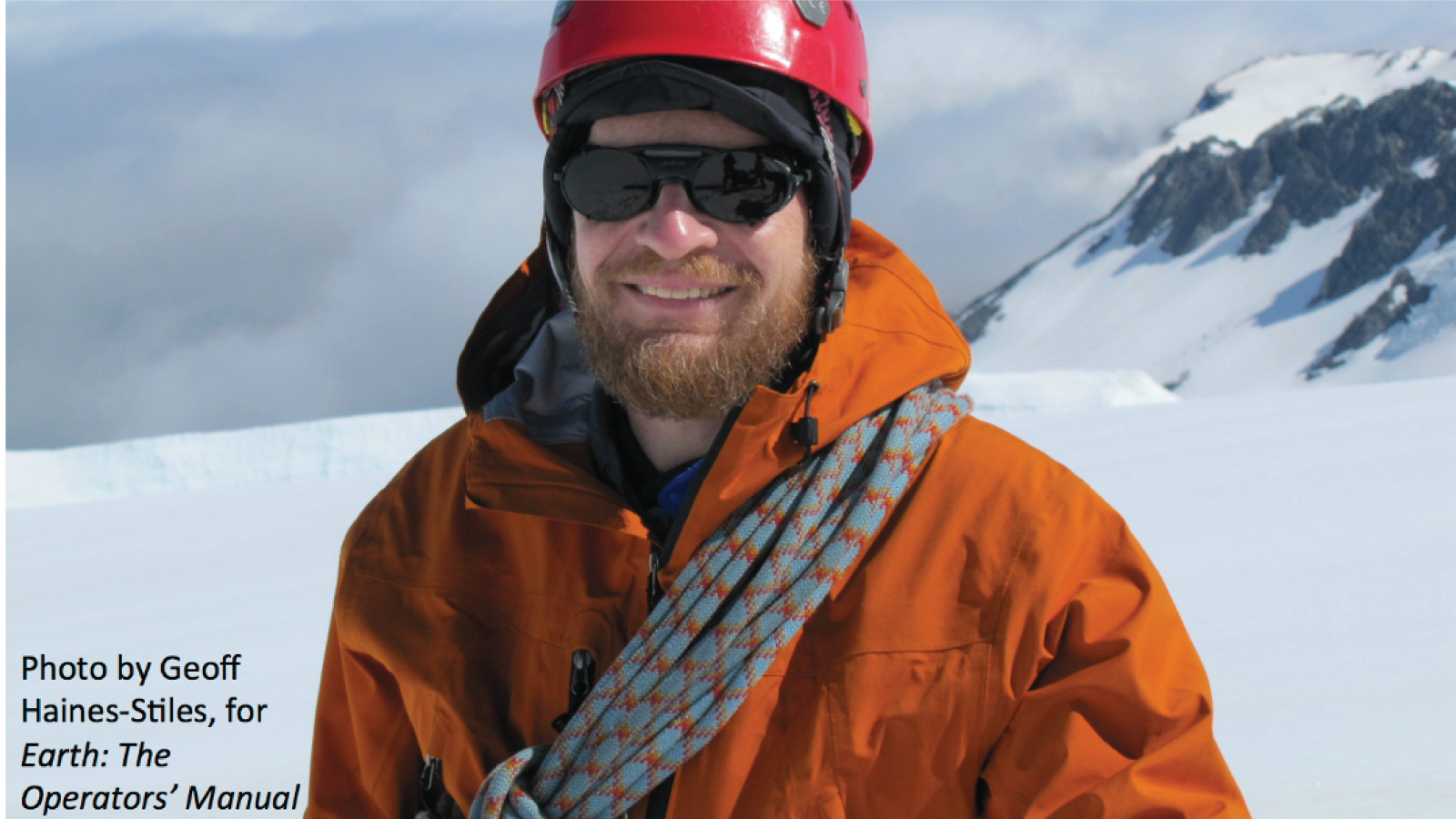Richard Alley
Richard Alley earned his BS and MS from SES in 1980 and 1983, respectively. After earning his PhD, Richard went on to become the Evan Pugh University professor of Geosciences at Pennsylvania State University.
Contact: rba6@psu.edu
"Our field is wonderfully rich, diverse and important, as well as a whole lot of fun, if you really commit to it."
Where has your degree taken you?
While at Ohio State, I went to Antarctica with David Elliot, and worked extensively with Ian Whillans as he advised both degrees. He also advised me in writing a proposal to NSF that funded my PhD at Wisconsin, working on the transformation of snow to ice on polar ice sheets. My first attempt at a PhD was complicated a bit when the NSF contractor melted my samples on the way home (NOT a good morning when your long-awaited Antarctic ice cores are destroyed). That led to some rapid changes of plans that involved a trip to Greenland, another trip to the Antarctic, additional studies and pursuit of new topics… and now, 30-odd-years later, I’m had an amazing range of adventures, including being elected a member of the US National Academy of Sciences and a Foreign Member of the Royal Society.
How do you feel your experience, specifically as an SES/geology student at OSU, prepared you for your career or life in general?
Outstandingly well. The Institute of Polar Studies (now the Byrd Center) as well as the Department were world-leaders in my field, and Ian Whillans and David Elliot in particular, along with many others, really got me going in the right direction.
What is your favorite memory as a student?
Well, the biggest was meeting and then marrying fellow Geology student Cindy Richardson Alley—we’ve been happily married since 1980, with two great daughters (Janet is teaching middle-school science outside Seattle, and Karen is starting as an Assistant Professor at the University of Manitoba). But, after that, spending my sophomore winter poking around the Antarctic Peninsula, with penguins and seals and whales and fantastic geology and great people, was a big highlight.
What advice do you have for current and future students?
Our field is wonderfully rich, diverse and important, as well as a whole lot of fun, if you really commit to it.


